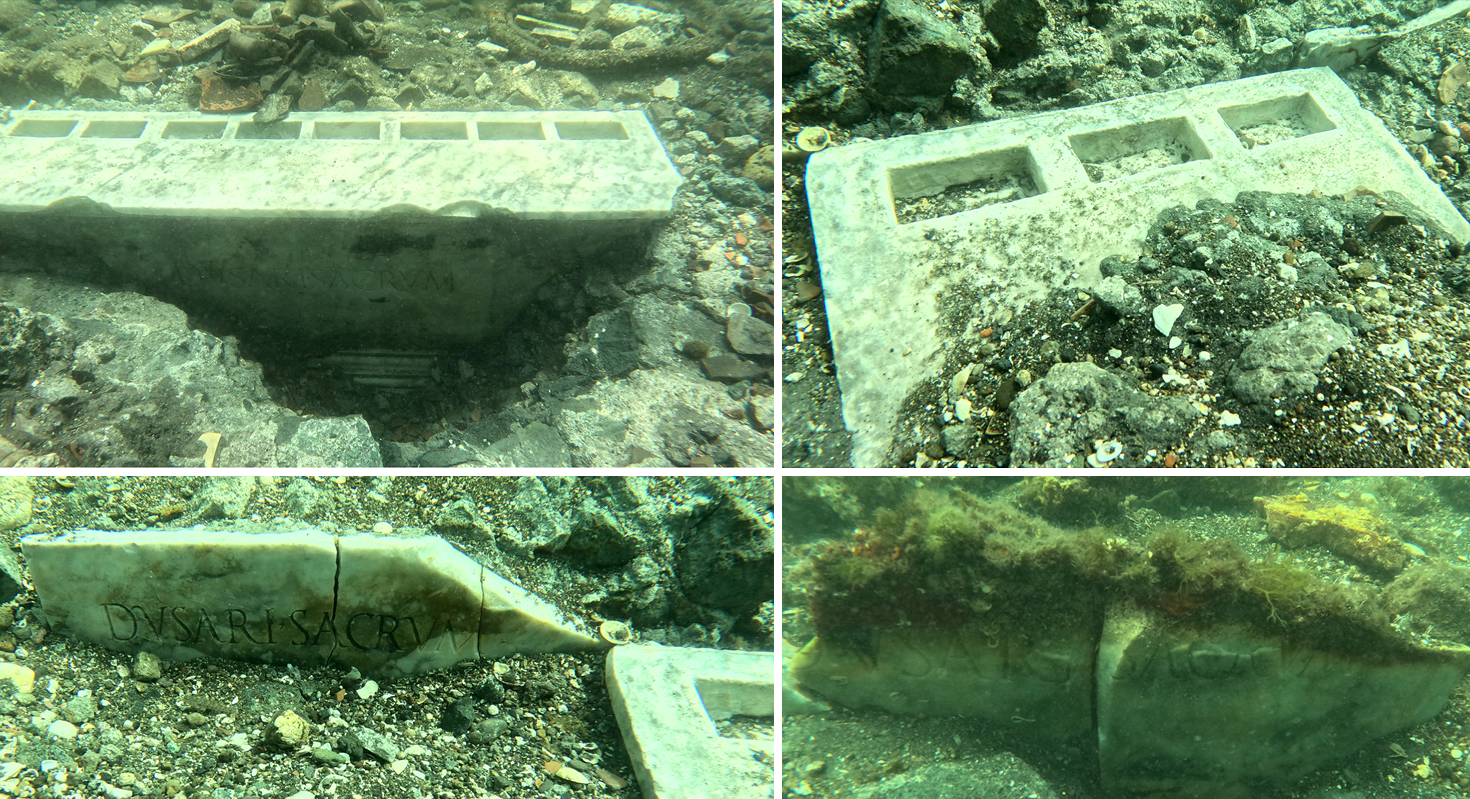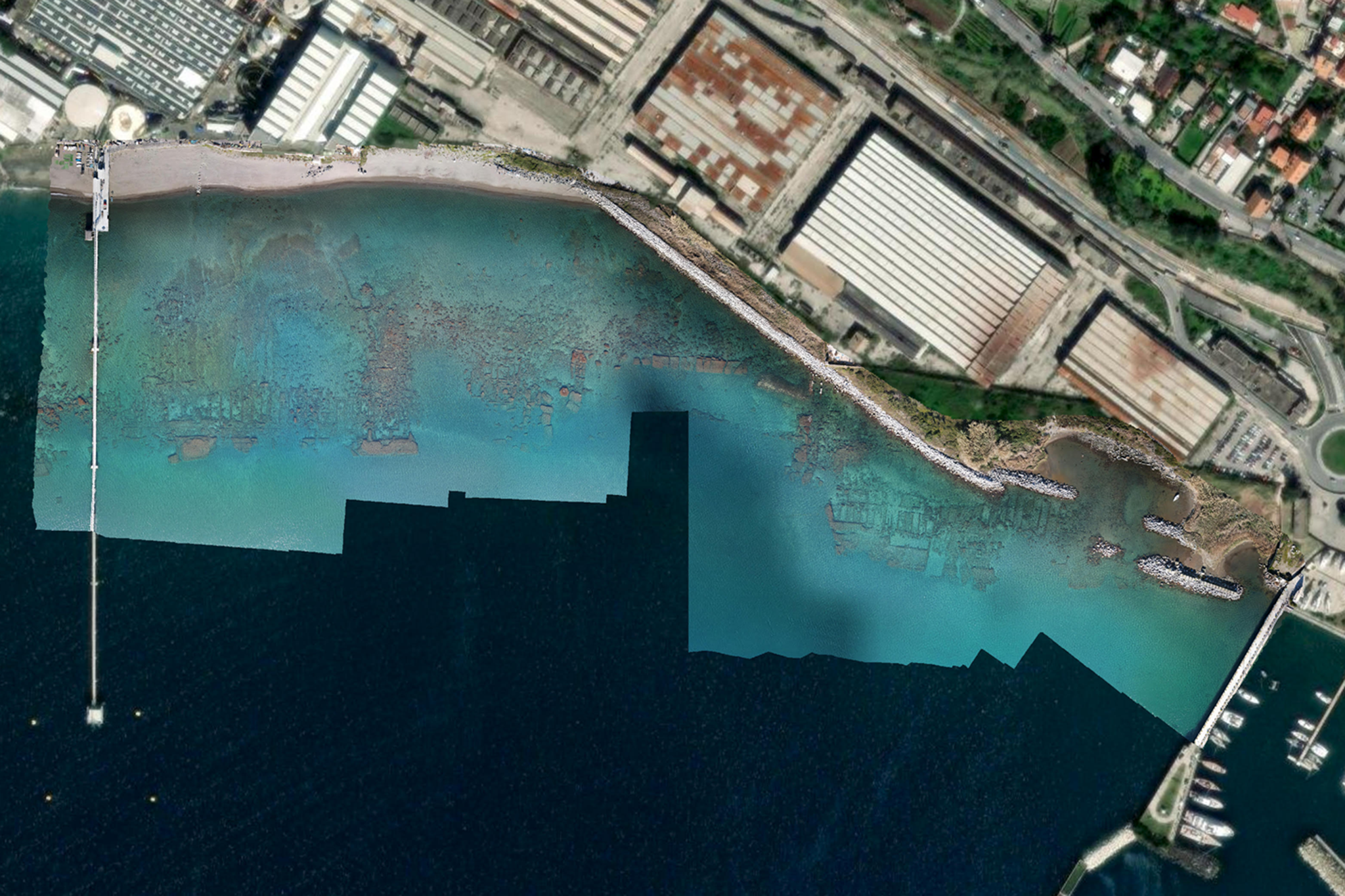
Archaeologists have uncovered the ruins of a 2,000-year-old temple believed to have been built by an ancient civilisation featured in Indiana Jones.
Remains of ancient altars and inscribed marble slabs were discovered submerged underwater along the Italian coast, near Naples, having likely laid undisturbed for millennia.
Researchers believe the religious temple found off the coast of Puteoli, modern-day Pozzuoli, was built by the Nabataeans, an ancient nomadic civilisation from Jordan.
Another impressive structure built by the Nabataeans, Petra’s Treasury, featured in the 1989 film Indiana Jones and the Last Crusade, in which the building serves as the resting place of the Holy Grail.
The discovery of the temple confirms there was a Nabataean community participating in commercial activities in the region between 31 BC and 14 AD.

During this time, the city of Puteoli was a large harbour where merchants from around the world docked to trade goods. Researchers describe how the Nabataeans’ good relationship with the Roman empire helped them accumulate “an enormous wealth”.
Given the Latin inscriptions and local materials used to build the temple, researchers believe the merchants even integrated into the local community.
“The existence of a Nabataean sanctuary within the port area confirms that there was a community from that region participating in the commercial activities of Puteoli,” the report says. “The temple was a place of worship, a refuge for foreigners, and especially a place of exchange, business, and trade under the guarantee, control, and authority of the god Dusares.”

Two rooms of the rectangular temple have been discovered, linked with internal routes of the vicus Lartidianus, where foreign merchants engaged in trade and business.
The rooms feature Roman-style walls and marble slabs inscribed with ‘Dusari sacrum,’ meaning ‘consecrated to Dushara,’ a god in the Nabataean religion.
The impressive temple was later believed to have been filled with concrete and a new walking surface above it at the beginning of the second century AD.

The report says: “At the time of Trajan [Roman emperor from 98 to 117 AD], this situation suddenly changed and the creation of the province of Arabia Petraea had severe consequences: while Rome imposed its authority and its laws, also the trade routes were absorbed into a general network controlled by the State, with very little space for the initiatives of a people no longer independent.
“The downsizing of Nabataeans’ trade and the end of their small monopoly are perhaps the simplest explanations for the end of the sanctuary.”
The underwater explorations were carried out by researchers in 2023, and more research has been planned for further excavation in 2024. Archaeologists hope this might lead to a full understanding of the building and its story.







